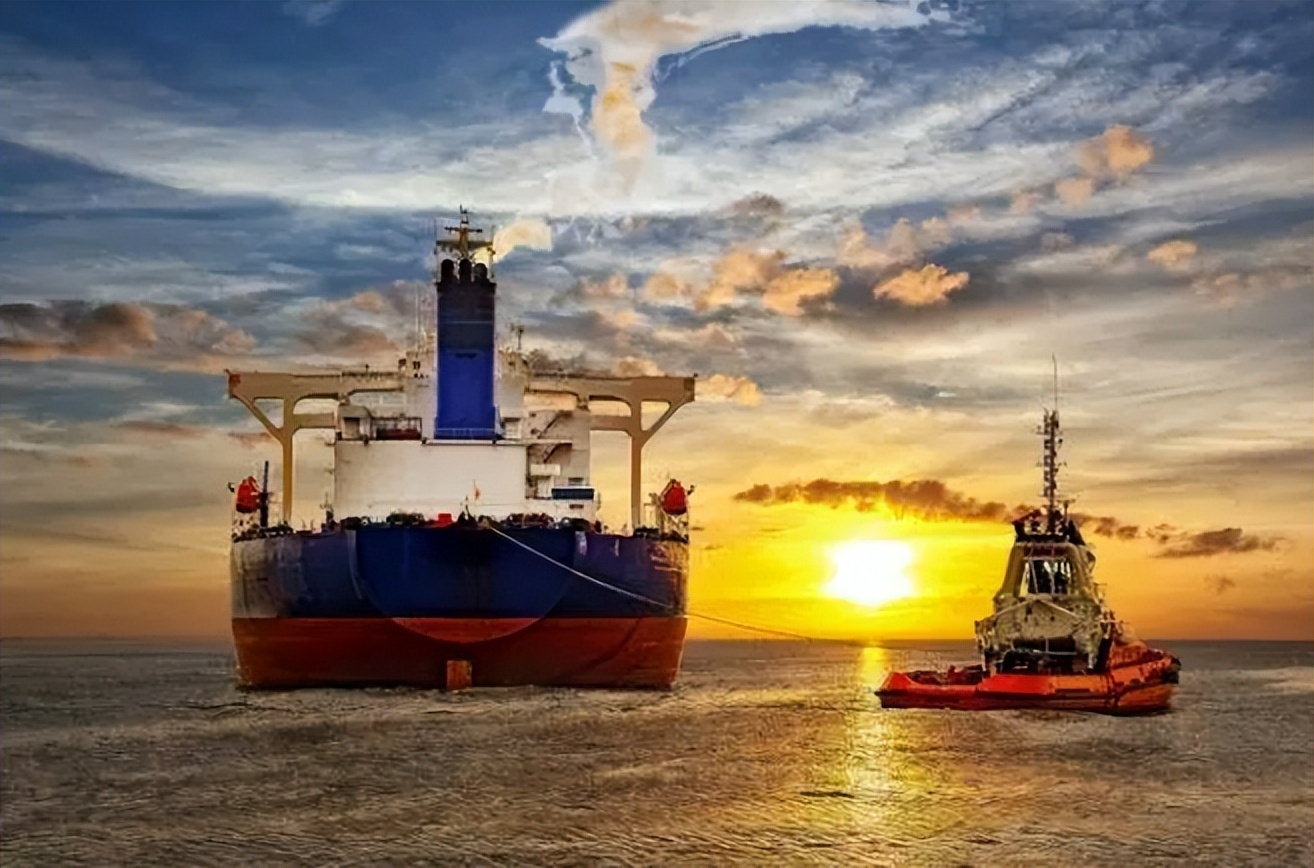
Recently, Yemen Houthi armed spokesman Yahya Sarea claimed that the organization used anti-ship ballistic missiles and drones to attack a merchant ship in the Red Sea and associated with Israel. Since the outbreak of a new round of Israeli-Palestinian conflict in October 2023, the Houthi armed forces have repeatedly attacked targets in the Red Sea waters with drones and missiles, strongly demanding that Israel stop its military operations in the Palestinian Gaza Strip. The incident caused many shipping companies to announce the suspension of navigation in the Red Sea and nearby waters, directly affecting the normal operation of the Suez Canal, an important shipping channel in the world.
As a key hub connecting the Red Sea with the Mediterranean, Europe, Asia and the Middle East, more than 20% of the world's container fleet passes through the Suez Canal. If this "maritime artery" is disrupted, the "blood circulation" of the shipping industry will certainly face obstacles. Among the routes from Asia to northern Europe, the route through the Suez Canal used to be superior in terms of mileage. However, the closure of this route has forced a large number of merchant ships to divert around the Cape of Good Hope, greatly increasing the cost of the Asia-Northern Europe route, and has had a profound impact on several related industries.
In terms of the magnitude of the impact, it depends critically on the length of time the conflict or crisis lasts. If the relevant parties can take effective measures in the short term to ensure the safety of the route and quickly resolve the risk of blockade, the impact on the shipping industry may be relatively small. However, if the situation cannot be alleviated for a long time, resulting in a substantial long-term blockade of the Suez Canal route, the consequences may affect the trade of Europe, Russia and other related routes, and deal a heavy blow to the global shipping system.
In terms of shipping prices, due to changes in transportation routes and rising costs, freight is likely to rise significantly. At the same time, the stagnation of shipping goods will also cause a shortage of market supply in the short term, which will push up commodity prices. For example, the goods transported through the Suez Canal include containerized goods, oil products, grains, ores and metals, etc. For enterprises involved in the import and export of these commodities, it is highly likely to face price fluctuations in the short term
In the long run, the impact of geopolitics on the shipping industry is also reflected in the supply and demand balance of the industry. In the past few years, the pandemic and other factors have led to a severe shortage of shipping capacity supply, which has created a boom in shipping. But as the impact of the pandemic fades and new capacity is added, shipping prices are on a downward trajectory. Coupled with the global economic recession, the import and export demand in Europe and the United States has declined significantly, and the market has shown a trend of oversupply. In the context of geopolitical tensions, the rise in fuel prices has become one of the major problems facing the shipping industry. Geopolitical events, such as the conflict between Russia and Ukraine, have triggered wild swings in energy markets, which in turn have driven fuel prices soaring. This not only directly increases the operating costs of shipping enterprises, but also may affect the route planning and operational efficiency of shipping.
In addition, geopolitical factors may have an impact on shipping-related infrastructure construction and investment. Political instability or conflict in some areas may lead to the destruction of port facilities or the stagnation of construction, affecting the efficiency of cargo handling and transshipment. At the same time, changes in the political situation may also change the policies and regulations of the shipping industry in various countries, increasing the uncertainty of business operations.
However, the geopolitical implications are not all negative. In some cases, it may also bring opportunities to specific regions or shipping sectors. For example, when the situation in a particular region changes, it may prompt the relevant country or region to seek new trading partners and routes, thus creating opportunities for growth in shipping business in other regions. Another example is that the LNG (liquefied natural gas) shipping market may enter a phase of significant growth as geopolitical turmoil drives changes in the energy market. The potential for substantial demand growth in Asia, the global energy transition process and LNG export terminal projects all provide strong support for its future development. The energy security issues brought about by global geopolitics have further expanded the upward space of the LNG market.
The impact of geopolitics on the global shipping industry is complex and multi-faceted, causing route disruptions, higher freight rates, increased costs, and potentially creating new opportunities and market demand. The shipping industry needs to pay close attention to the changes in the geopolitical situation and flexibly adjust its operational strategies to meet the various challenges and opportunities that may arise. At the same time, the international community should work together to strengthen communication and consultation, maintain regional peace and stability, and create a more secure, stable and sustainable development environment for the global shipping industry. Only in this way can the shipping industry, an important pillar of global trade, move smoothly in the changing geopolitical sea.

Since 2022, the Fed has cumulatively reduced its balance sheet by $2.4 trillion through quantitative tightening (QT) policies, leading to a near depletion of liquidity in the financial system.
Since 2022, the Fed has cumulatively reduced its balance sh…
On December 11 local time, the White House once again spoke…
Fiji recently launched its first green finance classificati…
Recently, the European Commission fined Musk's X platform (…
At the end of 2025, the situation in the Caribbean suddenly…
The U.S. AI industry in 2025 is witnessing a feverish feast…